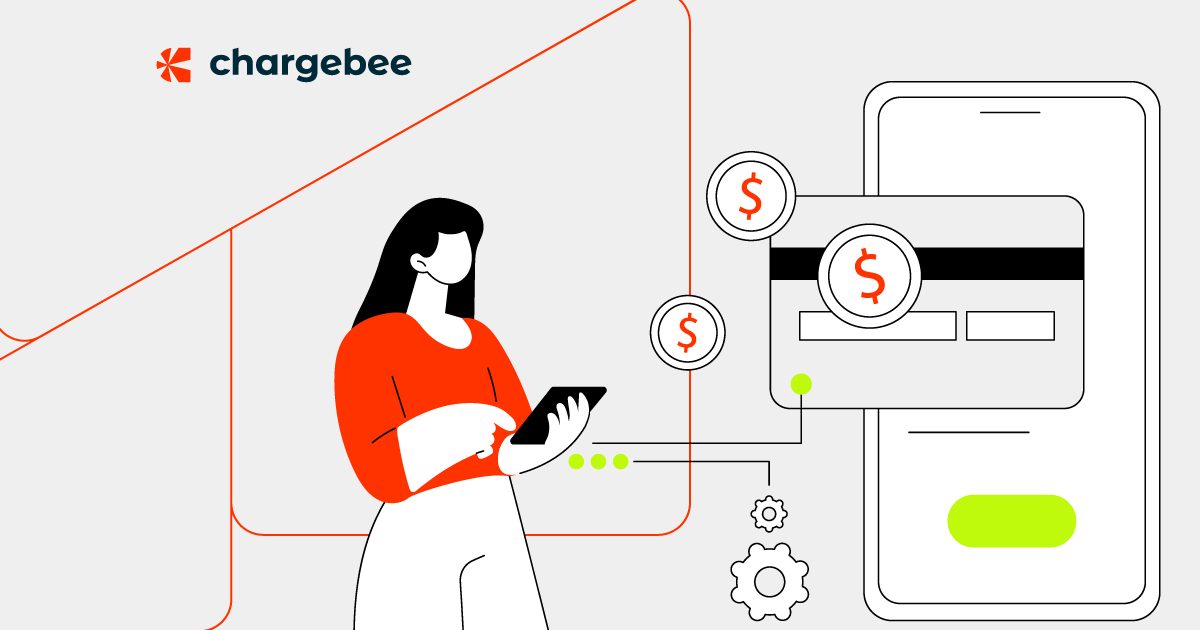
Cloud providers targeting customers from Germany have different options when it comes to accepting payments. Credit Card has been the most popular option in many countries. But a popular option that primarily works in German is ELV. What is ELV and why should companies targeting users in Germany care?
ELV (Elektronisches Lastschriftverfahren) is an electronic direct debit payment method that is supported by banks in Germany. This is an alternative payment option for customers who do not like using their credit cards online to pay for products or services. As a cloud provider, you want to make it easier for your customers to transact with your company in the methods they are comfortable with.
How does ELV work?
To pay with ELV, customers have to authorize a receiving company to withdraw money directly from their bank accounts. The customer must provide their German bank account number and authorization information to your company, which will then electronically debit the amount for the service or product purchased.
On receiving the account information, your company will work with a third party payment gateway to process the transaction. The bank does not check the shopper’s account to see whether there are sufficient funds. In case of insufficient funds to cover the transaction, chargeback fees can be applied on the shopper’s account.
In Germany, only 33 percent of the population uses traditional credit cards. Majority of shoppers do not prefer to use credit cards for Internet purchases. With ELV, shoppers can use funds from their banks accounts to pay for products or services online.
The Risks of ELV
While ELV payment method is a popular means of accepting online payments in Germany, it is not a risk-free payment method. Some companies have put up measures to reduce the risk of and verify ELV transactions. However, even with these measures in place, some merchants are reporting 8 to 14 percent returns . To cushion themselves from fraudulent transactions and losses from returns, some merchants implement a collections procedure.
Cloud providers outside Germany that wish to accept ELV payments can partner with trusted third party providers to manage the transaction processing and improve their success rates. One of the trusted third party payment companies you can partner with is Web Billing. ELV payment is suitable for companies that have known depositors who can be trusted to honor their commitments. High-value or high-risk merchants should check other options before going for ELV.
Which Payment Gateways Support ELV Payments?
Most of the payment gateways that process ELV payments are, as expected, from Europe. However, there are also non-European payment processors that allow ELV payment. Here is a list of payment gateways that process ELV transactions:
WorldPay. This is one of the leading payment processors in Europe and Asia. WorldPay has a range of solutions for small and medium sized business looking to accept online payments).
NETBANX. A German payment processor that allows merchants to accept credit and debit card payments online. The processor also accepts ELV and Giro payments.
Skrill. Formerly known as Moneybookers, this payment processor supports Giro, ELV, Sofortüberweisung, Onlineüberweisung and the traditional credit and debit cards.
CitoPay. This payment gateway is based in Prague, Czech and enables high risk merchants to accept online payments through ELV, credit and debit cards.
Cloud providers targeting the German market should think of accepting ELV payments to make it easier for their customers to pay online. However, understanding the risks of the payment method is crucial to determining the cost-risk benefits.

